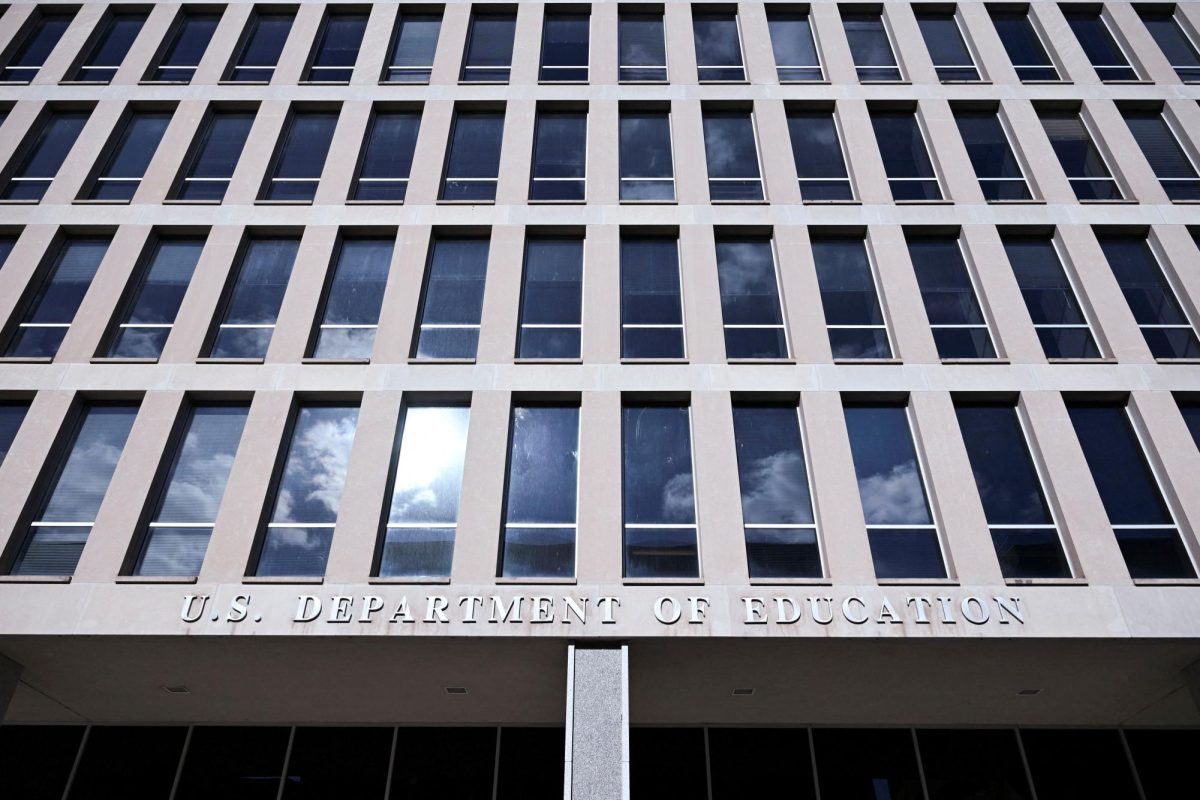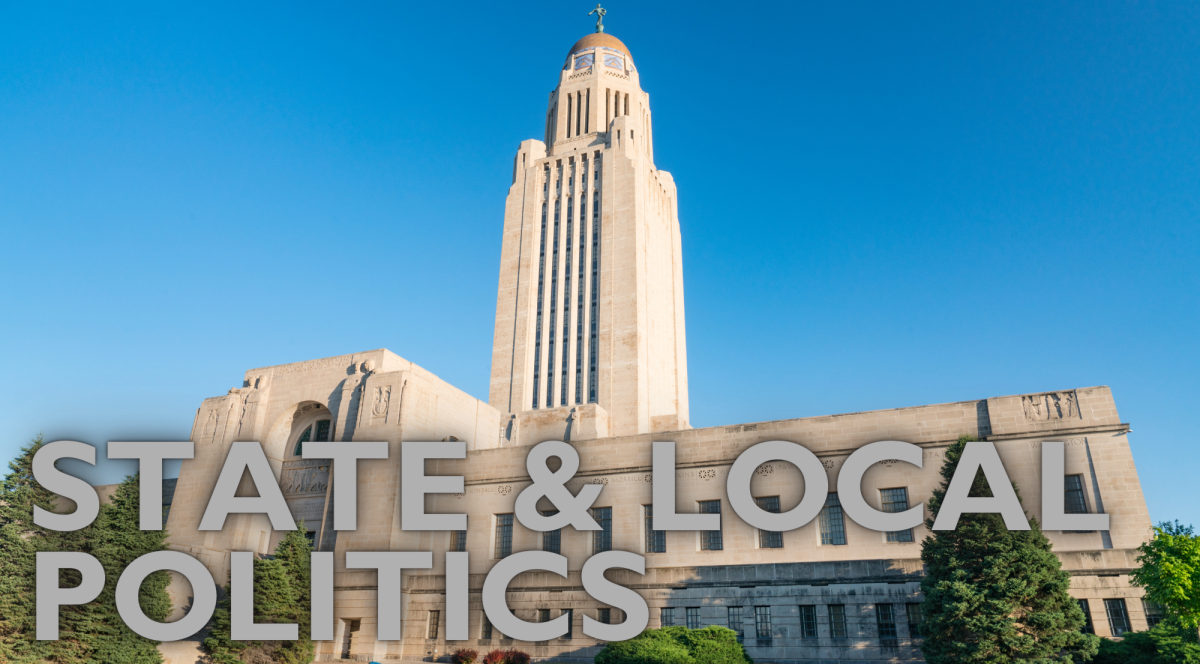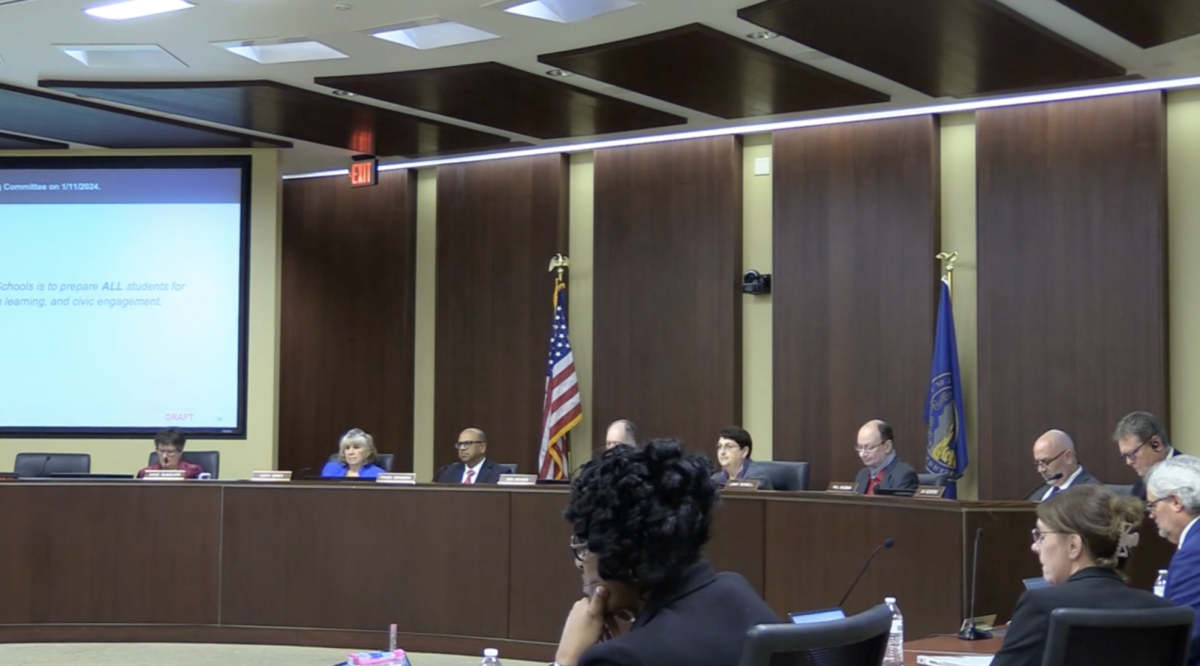The federal Department of Education has struggled recently, as it faces budget cuts enforced by DOGE, and threats made by President Trump to remove the cabinet from existence altogether.
The Department of Education first became a cabinet level department in 1980. Since then it has funded programs across the country which connect students and teachers with the materials they need to succeed. The branch oversees curriculum, provides funds to struggling schools, manages loans and budgets for infrastructure, and helps pay for special education personnel. However, they actually do not finance very much of the American education system–85% of school funding comes from state departments.
Many major programs would be threatened by cutting the federal Department of Education, one of the most significant being national student loans. Federal student loans assisted over six million college students in 2023, and they are often the only way low income students are able to afford higher education. If the department were cut, it is likely that student loans would be transferred to the Department of the Treasury. However, Department of Education employees have expressed concerns that the transition could be very messy and many students could suffer in the process.
In order for the department to be completely removed, an executive order would have to be made by Trump, and a proposal would have to be approved by the legislature. So far, neither of these things have happened. However, the Trump administration has taken it upon themselves to significantly slow and reduce funding to the department instead. Many employees of the department at the national level have been laid off or put on administrative leave, and many more fear for their jobs. Budget cuts have also been made to programs run by the department.
At a state level, it seems that jobs are still secure. Phil Lemons, a budget specialist at the Nebraska Department of Education, said that “the commissioners office has been very strongly vocal to tell us that our jobs are secure and we won’t be having people lose their jobs because of what the federal government choices are.”
However, although the employees might be secure, their programs are not, as the state is still subject to budget cuts. For example, the free/reduced lunch and breakfast programs enjoyed by many LPS students are heavily funded by the federal government. So far no threats have been made to this program, but it is possible that in the future it will be removed or moved to another department. Another program state workers have expressed concern for is the farm to school programs, which are funded by federal subsidies. These programs allow cafeterias in Nebraska to serve fresh fruit grown in the state.
“People who work for the state Department of Education, we care about what we’re doing, and we want to be able to provide these services. All the concerns from coworkers that I’ve talked with are concerns that we won’t be able to deliver the same level service to our school systems here in Nebraska that we did previously. And that’s kind of hard, because a lot of these people are or work closely with teachers, so they know the direct effect that the support has,” said Lemons.
There is also still a lot of uncertainty as to what exactly will be affected by these changes. No one is sure exactly what will stick around and what will be cut. Lemons explains this confusion like a water hose: “Even though you turn off the spigot, it takes a while for the water to drain out of the hose and get through it, right? What we’re seeing here is they’re saying we’re going to turn the spigot off on some things, and we’re just starting to see it dribble down. There’s a part that we will only find out once we start running out of water, so to speak.”
Although many things are up in the air, we can see one specific change being made in LPS already. At the beginning of May, it was announced that a federal grant designed to promote mental health is being cut. In LPS, this grant paid 18 elementary school counselors paychecks, in addition to some mental health promoting programs. Superintendent John Skretta has stated that LPS luckily has the funding to continue paying this staff through the 2025-26 school year, so the effects will not be immediate.
As Phil Lemons said, “I chose to apply to a job with the Department of Education in part because I believe that education is important for our citizens. I think that when we educate ourselves and our children, as they are growing up, we become an intelligent country with the ability to lead the world.” There is little to do now other than wait and see what decisions the federal, state, and local governments will make. However, it’s important to show support for our education system in the ways we can.”











